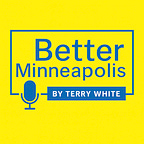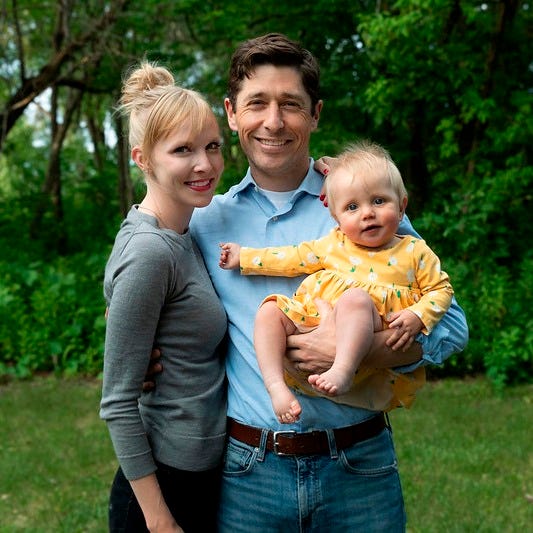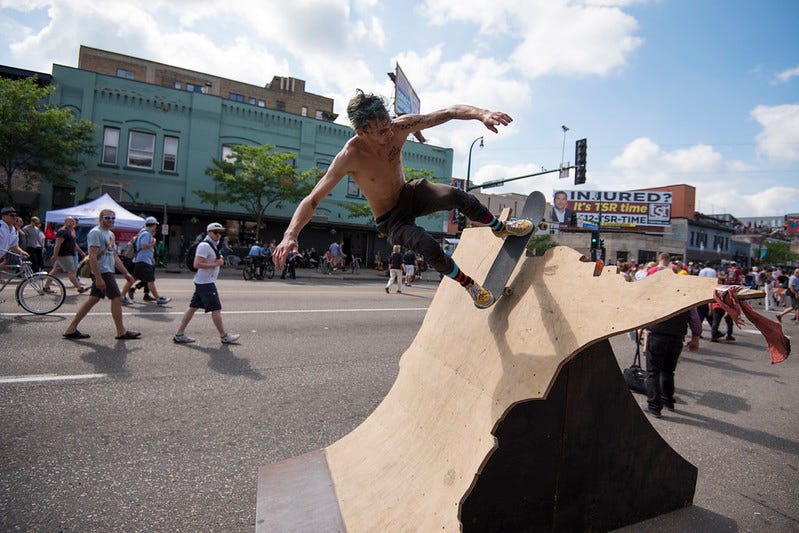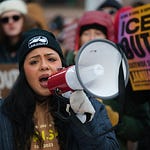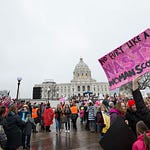Sitting Down with Mayor Frey
I first met Jacob Frey at Lyndale Open Streets in 2017, when he was campaigning for mayor and I was running for city council. He likely doesn’t remember it, but I do. I’m an introvert, and events like that don’t come naturally to me. Tane Danger, a local emcee, pulled us on stage for some sort of game show. I stood mostly in awkward silence while Frey rallied the crowd with ease.
In the eight years since, he has likely spoken at a thousand events, participated in a similar number of interviews, and maintains an active social media presence. He is consistently visible.
Whether one agrees with his policies or not, Frey is accessible. If you want to understand where he stands or what he’s thinking, you don’t have to dig far. He makes himself available, and he communicates often.
Despite his well-documented public history, I entered our conversation with the sense that there was still more to understand about how his thinking has evolved over the past eight years. On the campaign trail, he insists he is a changed man, and I believe that’s more than just a line. When I first met him in 2017, he arrived on a skateboard. Since then, he’s become a parent, with another child on the way, and has served two terms as mayor of a major American city. Experience has changed him. The turbulence of recent years appears to have deepened his awareness of how the people he appoints—and the decisions he makes—shape daily life in Minneapolis.
At the July 19 city convention, delegates will decide whether to endorse a candidate for mayor, as well as for the Park Board and Board of Estimate and Taxation. Most will arrive with their minds made up. Still, I hope people will listen to my interviews with Jacob Frey, Jazz Hampton, and DeWayne Davis. Each offers a distinct perspective on the city’s future.
I’ve contacted Fateh’s campaign multiple times to request an interview and am waiting for a response. Brenda Short’s campaign does not appear to have gained significant traction. If that changes, we’ll extend an invitation. A new candidate, Kevin Dwire, recently entered the race. He appears to represent the Socialist Workers Party, though details are limited. Should his candidacy gain visibility and support, I will reach out to him as well.
I support non-DFL candidates running, as they can broaden the debate about what’s possible. Given the differences in candidate platforms and supporters, it’s hard to say what the Minneapolis DFL endorsement actually signifies. Minneapolis would benefit from electoral reform—perhaps a nonpartisan primary where the top four candidates advance to the general election. We might also follow models used in Maine and New York, where viable candidates can receive public funding. Such changes could reduce the influence of PACs on local races.
There are a few questions I neglected to ask each candidate. One of the more important: Do they support Police Chief Brian O’Hara? His term runs through June 2, 2026, and the city’s choice of mayor could influence whether he stays.
I keep returning to a broader question: Who has the temperament to lead Minneapolis through its next crisis? Whether it's ICE vehicles on city streets, a bridge collapse, or a spike in residents needing care due to federal cuts, the details are unknowable. What’s certain is the need for steady, capable leadership. That quality is hard to surface in an interview. It often only reveals itself under pressure.
On Wednesday, Amanda Harrington, the Director of Neighborhood Safety, will be featured.
If you appreciate the newsletter and podcast, please consider becoming a paid subscriber today!
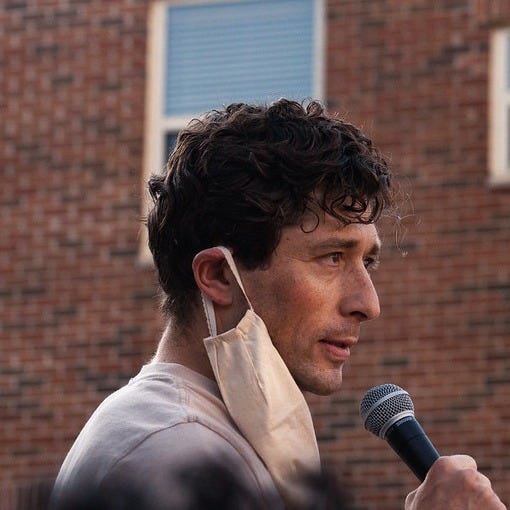
Interview Summary
In this interview, Mayor Jacob Frey reflected on his motivation for seeking a third and final term as Minneapolis mayor, emphasizing his desire to demonstrate that democratically run cities can deliver results and “get the basics right.” After eight turbulent years marked by protests, public safety crises, and national scrutiny, Frey believes the city is turning a corner. He cited progress in housing, public safety, and government reform as signs of recovery and outlined his intent to finish key projects and ensure the next administration inherits a more functional city.
Frey defended his record by pointing to quantifiable successes, including record levels of deeply affordable housing and reforms in public safety. He argued against policies like rent control and defunding the police, insisting they are politically appealing but ultimately ineffective. Instead, his administration has focused on combining increased police staffing with expanded mental health response programs. Frey characterized himself as a progressive committed to results over ideology, willing to challenge both ends of the political spectrum in pursuit of effective governance.
He also addressed local economic challenges, particularly in areas like Uptown, where the city is working to create a safer, cleaner, and more vibrant foundation for small businesses. Initiatives like facade grants, artist storefronts, and added public safety presence are part of a broader strategy to spur economic development. Frey was realistic about the pace of recovery, promising visible progress this summer while cautioning that full revitalization will take time.
Looking to the future, Frey sees completing the shift to a “strong mayor” system as one of the most important—and least appreciated—changes of his tenure. He believes this reform will bring long-term clarity and effectiveness to city governance. Personally, he credits his wife and daughter with keeping him grounded and says his approach to leadership has matured significantly since taking office. As he campaigns for a final term, Frey presents himself as a steady hand, shaped by crisis and focused on practical, long-term solutions.

